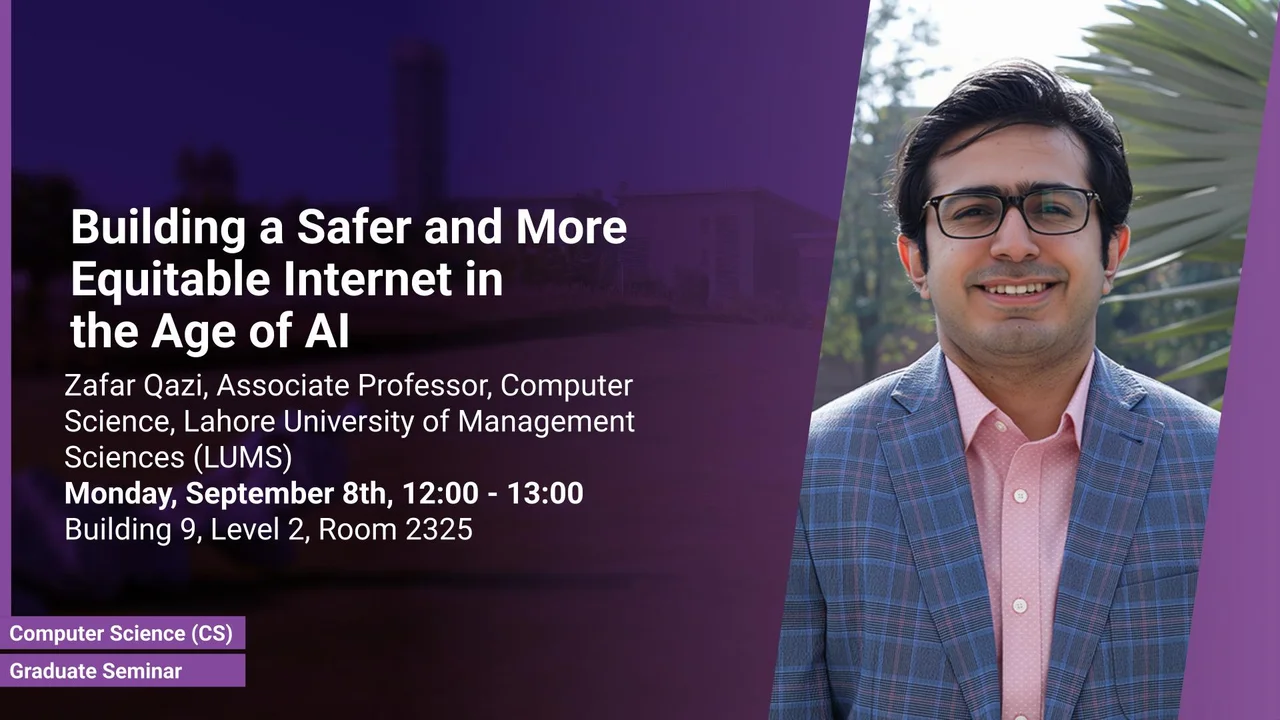
Building a Safer and More Equitable Internet in the Age of AI
This talk will show how interdisciplinary collaboration at the intersection of networked systems, AI, and societal impact can help address challenges related to AI-powered moderation systems guiding access to online resources.
Overview
The Internet has become essential to modern life, yet today’s digital landscape is marked by widening inequalities and new forms of harm. Billions remain without meaningful access to online resources, children face growing exposure to harmful content, and AI systems, while unlocking new opportunities, have also created new pathways for harm.
In this talk, I will show how interdisciplinary collaboration at the intersection of networked systems, AI, and societal impact can help address these challenges. I will present our extensive analysis of child-oriented YouTube content, showing how major platforms provide unequal safety for children across regions, highlighting the need for reform. I will discuss AI-powered moderation systems capable of operating at global scale while remaining sensitive to local context, and explore how generative AI can reimagine web accessibility through extreme compression and semantic caching, making the Internet more efficient and affordable by substantially reducing its data footprint. By systematically aligning system design with societal needs, we can work toward a safer, more equitable, and truly inclusive Internet for all.
Presenters
Zafar Qazi, Associate Professor, Computer Science, Lahore University of Management Sciences (LUMS)
Brief Biography
Zafar Ayyub Qazi is a Visiting Associate Professor at KAUST and an Associate Professor in the Department of Computer Science at LUMS, where he directs the Distributed and AI Systems Lab. His current research focuses on building a safer and more equitable Internet, spanning topics such as online child safety, bridging the digital divide, and democratizing access to large language models. He earned his PhD in Computer Science from Stony Brook University, was a Postdoctoral researcher at the University of California Berkeley, and is a recipient of the Google Faculty Research Award and the Safe Online Award. He has published extensively in premier venues, including multiple papers at ACM SIGCOMM and The Web Conference.